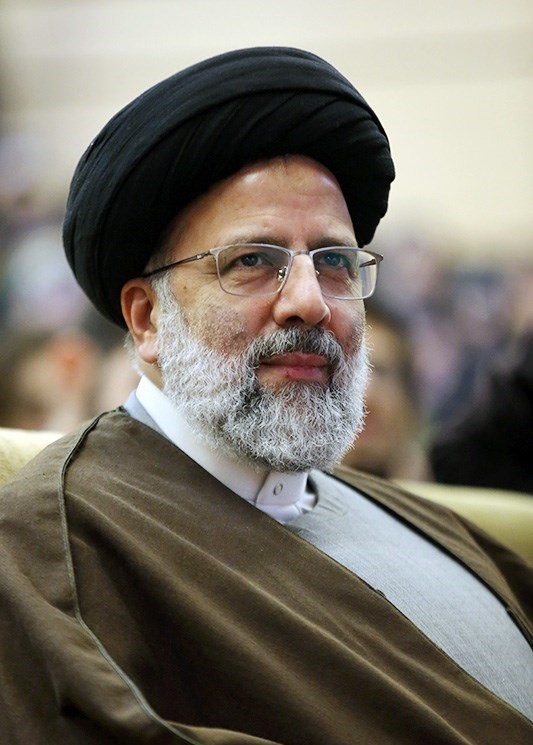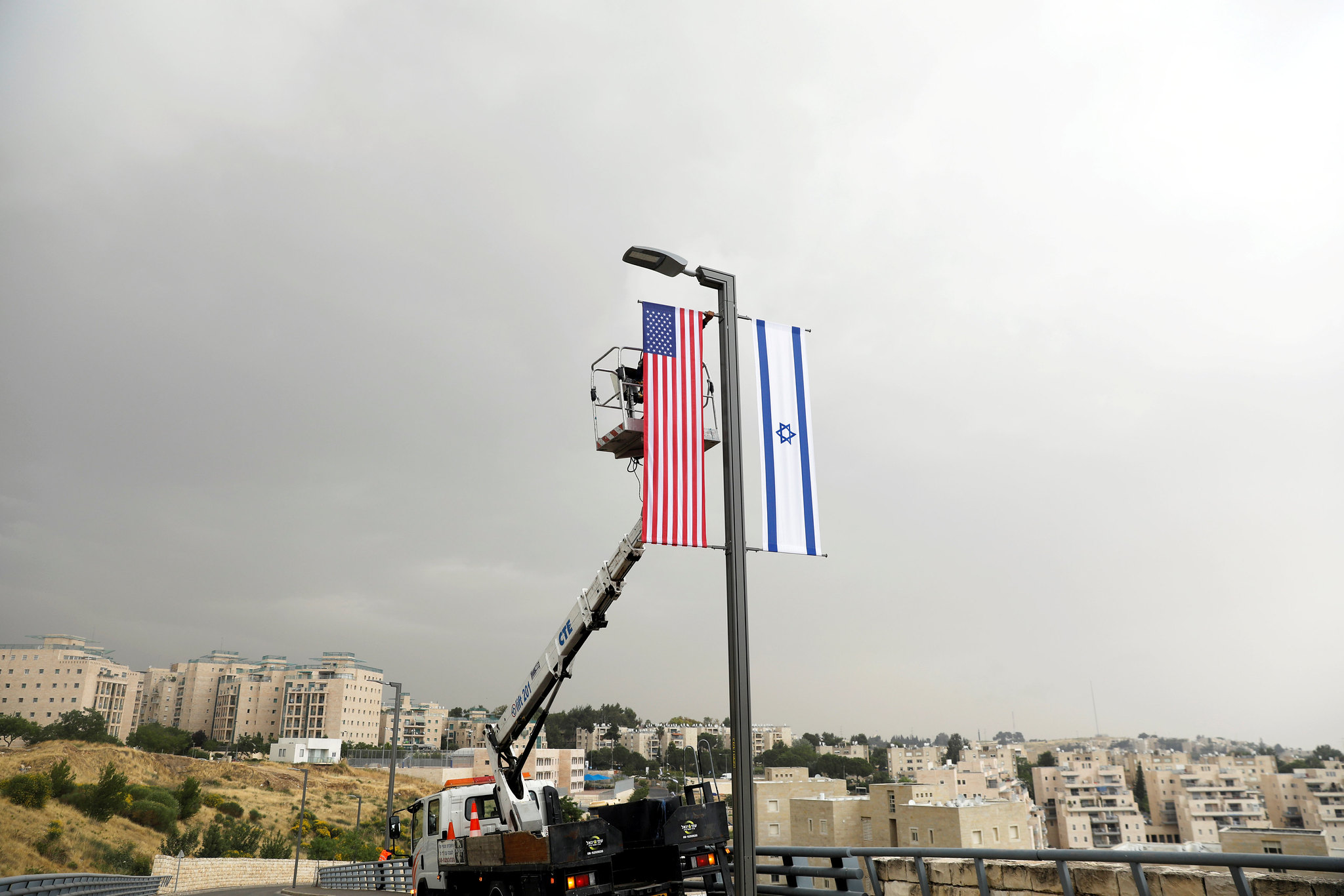In a tragic event that has shocked the nation, Iranian President Ebrahim Raisi and Foreign Minister Hossein Amir-Abdollahian have died in a helicopter crash near the border with Azerbaijan. The state-run IRNA news agency confirmed the deaths early on Monday, reporting that “all passengers of the helicopter carrying the Iranian president and foreign minister were martyred.”
Details of the Crash
The helicopter carrying Raisi and Amir-Abdollahian went down in foggy and icy conditions in the mountainous terrain near Jolfa, a city approximately 375 miles (600km) northwest of Tehran. Along with them, the governor of Iran’s East Azerbaijan province, other officials, and bodyguards also perished in the crash. Earlier on Monday, rescue teams located the wreckage in heavily forested terrain but detected no signs of life.
Rescue Efforts and Confirmation
Rescue efforts were complicated by the severe weather conditions. Footage broadcast by IRNA showed an Iranian Red Crescent team walking up a slope in thick fog. Despite extensive efforts involving over 70 rescue teams, drones, and search dogs, no survivors were found. Pir Hossein Kolivand, head of Iran’s Red Crescent, stated, “The helicopter has been found. Now, we are moving toward the helicopter. The situation is not good.”
Statements and Reactions
Supreme Leader Ayatollah Ali Khamenei sought to reassure the nation, urging Iranians not to worry or be anxious. He stated, “No disruption will occur in Iran’s state affairs.” According to Iran’s constitution, Vice-President Mohammad Mokhber will take over presidential duties until new elections can be arranged within 50 days.
International Reactions
Countries from around the region and the world expressed their condolences and support. Turkish President Recep Tayyip Erdoğan and US President Joe Biden were among the first to comment on the incident. The EU also offered emergency satellite mapping technology to assist in the search efforts, while a Turkish drone was instrumental in locating the wreckage.
Raisi’s Legacy and Impact
Ebrahim Raisi, 63, was a hardline cleric and former judiciary chief known for his strict conservative policies and crackdowns on political dissent. He was viewed as a protege of Supreme Leader Khamenei and was considered a potential successor. Raisi’s presidency was marked by a tense relationship with the West, significant internal unrest, and increased uranium enrichment. Under his leadership, Iran supplied arms to Russia in its war on Ukraine and launched significant attacks on Israel.
Historical Context
Raisi won the 2021 presidential election with the lowest turnout in the history of the Islamic Republic, amid widespread disqualifications of other candidates. His tenure saw the harsh repression of the “Women, Life, Freedom” movement, sparked by the death of Mahsa Amini, which resulted in the deaths and arrests of thousands of protesters.
Moving Forward
The death of Raisi and Amir-Abdollahian leaves a significant gap in Iran’s political landscape. The immediate task for Iran’s government is to stabilize the situation and prepare for the upcoming presidential elections. Raisi’s death is expected to heighten speculation about Supreme Leader Khamenei’s succession, with many believing that his son, Mojtaba Khamenei, may emerge as a leading candidate.
Regional and Global Implications
Iran’s foreign policy has involved direct confrontations with the West, including threats of war against Israel and support for Russia. The country’s proxies in the Middle East, such as Hezbollah and the Houthis, have escalated tensions with Israel and international shipping.
In a statement, Hamas expressed “shared feelings of sadness and pain” with the people of Iran and conveyed “complete solidarity” with Tehran. Iran’s partners in Yemen and Lebanon continue to play significant roles in regional conflicts, reflecting Tehran’s influence.
The tragic death of President Raisi and Foreign Minister Amir-Abdollahian marks a pivotal moment in Iran’s history. The nation must navigate this challenging period with resilience, ensuring continuity in governance while preparing for new leadership.



